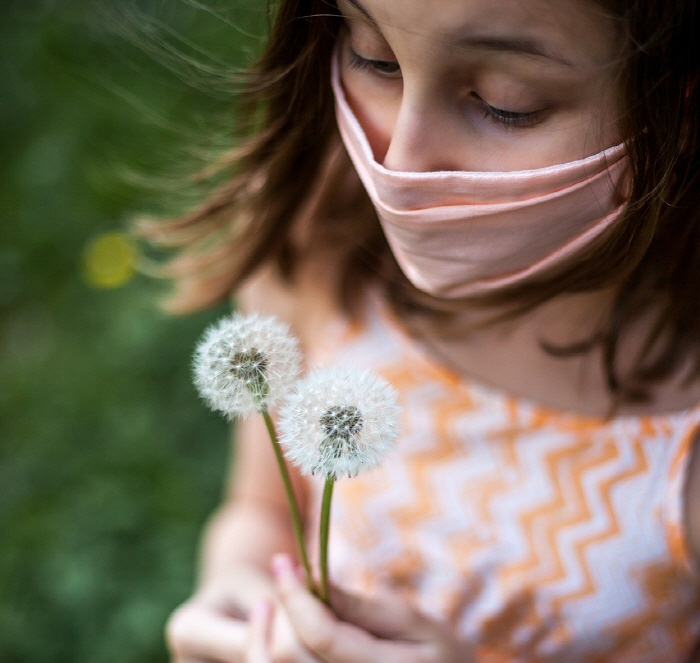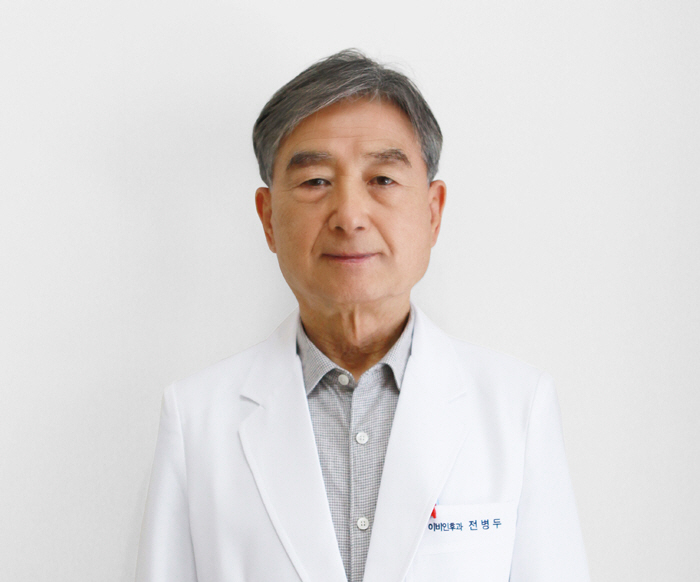Sneezing runny nose, pollen allergy pain...Avoid using nasal spray for a long time
Apr 18, 2025
|
Spring pollen allergies are often accompanied by runny nose, stuffy nose, as well as allergic conjunctivitis, causing tears and eye itchiness.
In the past, April to June was the main outbreak period, but in recent years, allergic symptoms have also begun early and persist for a longer time as abnormal high temperatures have accelerated the flowering period. With the help of Jeon Byung-doo, head of the otolaryngology department at Seonam Hospital in Seoul, the causes of allergies in spring and treatment and prevention methods were summarized.
The main culprit of spring allergies is tree pollen from oak, alder, birch, cypress, and cedar. On the other hand, in the fall, weed pollen such as swine grass and mugwort causes allergic reactions.
Interestingly, forsythia, azalea, cherry blossom, etc. are not direct causes of allergies because bees or butterflies carry pollen. Meanwhile, house dust mite allergies, the most common cause of allergic rhinitis, can persist throughout the year regardless of seasonal changes.
For these pollen allergy patients, the Korea Meteorological Administration predicts daily pollen concentrations in four stages: 'very high', 'high', 'normal', and 'low', and guides step-by-step countermeasures.
Director Jeon Byung-doo said "It is recommended to actively check weather information for the prevention and management of allergy symptoms. Allergic rhinitis is diagnosed through observation of the patient's specific symptoms and nasal mucosal conditions, and can be accurately diagnosed through skin reaction tests, blood tests, and runny cell smear tests as needed."
Allergic rhinitis treatment includes various methods such as avoidance therapy, drug therapy, immunotherapy, and surgical therapy. Avoidance therapy is to avoid going out as much as possible on days with high pollen concentration and to minimize pollen inflow by closing windows indoors. If you are forced to go out, it is important to wear a mask and sunglasses, and wash your hands and feet cleanly after returning home. Surgical therapy is used as an auxiliary treatment method to correct structural abnormalities in the nose.
Antihistamines and steroids are mainly used as drug therapy.
Early first-generation antihistamines are effective quickly, but they are rarely used now due to side effects such as drowsiness and dry mouth, and second and third-generation drugs with low side effects and long drug duration are mainly prescribed.
Unlike antibiotics, antihistamines do not cause resistance, so if the symptoms ease, you can stop taking them without meeting the prescribed period. Steroid preparations are mainly used in the form of sprays, and since they act locally on the nasal mucosa, there is little concern about systemic side effects even if used for a long time.
Immunotherapy is known as the only treatment that can fundamentally cure pollen allergies. It often shows effective results not only for various types of pollen allergies but also for dog and cat hair allergies. Manager Jeon Byung-doo said, "However, unfortunately, there is no clear effect on the allergy to house dust mites, the most common cause of allergic rhinitis," he said.
On the other hand, there are many cases of pharmacological rhinitis among patients who visit the ear, nose, and throat department due to nasal congestion. This is a side effect caused by long-term use of nasal sprays containing vasoconstrictors to relieve nasal congestion. At first, the nose seems to open coolly, but if you use it repeatedly, the effectiveness of the drug gradually decreases, and eventually the nose becomes more severely blocked due to drug dependence.
Chief Jeon Byung-doo said "Drug rhinitis not only worsens nasal congestion, but also makes treatment very difficult. These vasoconstrictor sprays can be easily purchased without a doctor's prescription and are frequently exposed to advertisements, but special care must be taken in their use and, even if necessary, should not be used for more than a week in a row" he advised.
|
This article was translated by Naver AI translator.















